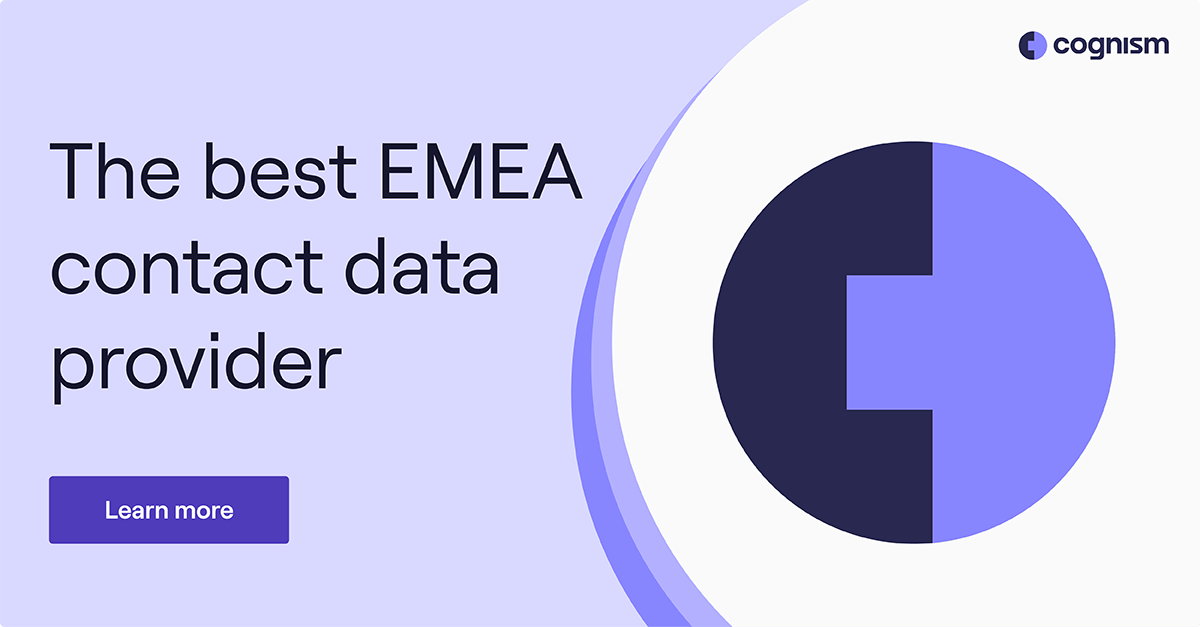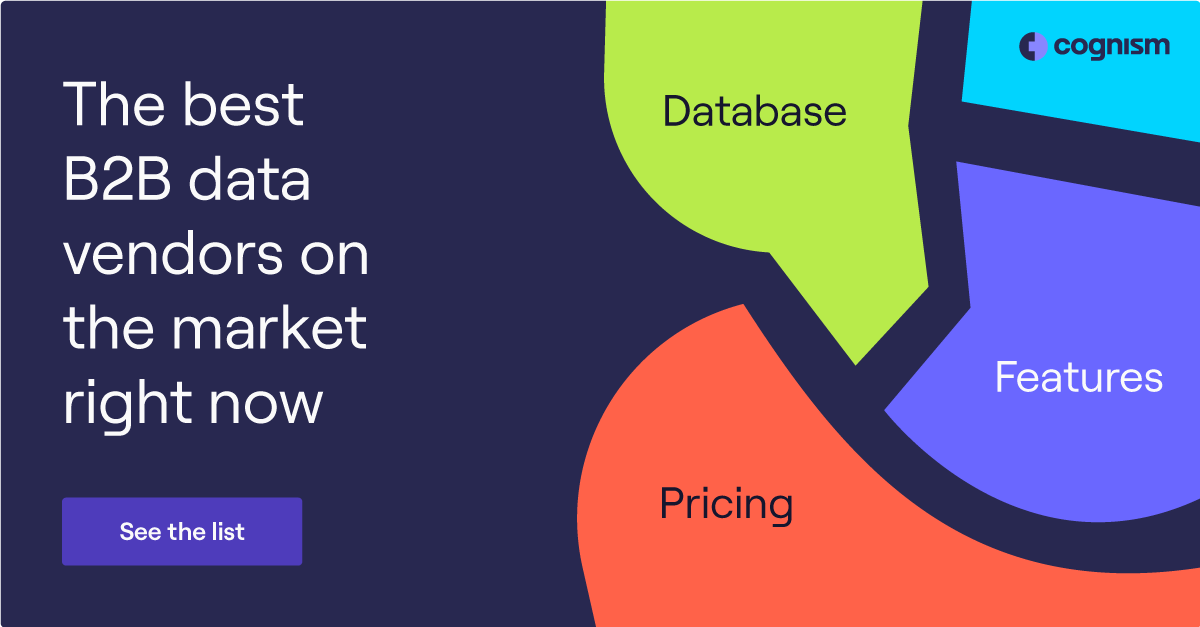Comparing Popular Database Providers: Features and Rates
Comparing Popular Database Providers: Features and Rates
Blog Article
Key Functions to Try To Find When Picking a Data Source Service Provider
Choosing a database carrier is a critical choice that can dramatically influence your organization's procedures and information monitoring method. Among the necessary attributes to take into consideration are scalability alternatives, which ensure that your system can adjust to expanding needs.
Scalability Options
When selecting a data source provider, comprehending scalability alternatives is important to ensuring that the selected option can suit future development. Scalability refers to the capacity of a data source system to expand its ability and efficiency in reaction to increased need. There are two primary kinds of scalability: horizontal and upright.
Upright scalability, or "scaling up," entails improving a solitary server's sources, such as CPU, RAM, or storage. This technique can be uncomplicated and affordable for smaller sized applications but may reach a restriction where further upgrades are also pricey or not practical.
Horizontal scalability, or "scaling out," involves including a lot more web servers to distribute the load. This strategy enables greater flexibility and can accommodate considerable increases in information quantity and individual traffic (database provider). It is especially advantageous for cloud-based data source services that can dynamically allocate sources based upon need

Safety And Security Actions

When examining security measures, take into consideration the implementation of file encryption procedures (database provider). Data-at-rest and data-in-transit file encryption are vital to make sure that delicate details remains safeguarded, also in the occasion of a protection breach. In addition, look for service providers that provide solid authentication devices, such as multi-factor authentication (MFA), to even more boost accessibility control
Normal protection audits and compliance with market requirements, such as GDPR or HIPAA, are a sign of a carrier's dedication to information defense. Moreover, inquire about their case feedback plan; a robust plan can minimize the impact of any kind of possible security case.
Efficiency Metrics
Evaluating efficiency metrics is vital for companies to ensure that their chosen data source company meets functional demands. Key performance metrics include response throughput, time, and scalability, which collectively determine the effectiveness of database procedures under varying lots.
Feedback time is essential, as it mirrors exactly how promptly the data source can refine queries and return outcomes. Organizations must try to find metrics that indicate average action times throughout optimal and off-peak hours. Throughput, often determined in deals per 2nd (TPS), provides insight right into the data source's ability to handle high quantities of requests without efficiency deterioration.
Scalability analyzes the database's ability to expand with the organization's demands. A durable data source company should show website link horizontal and vertical scaling abilities, permitting smooth modifications as demands change. Additionally, recognizing latency, specifically in distributed systems, can aid organizations evaluate the responsiveness of the database across various geographical areas.
Customer Assistance
Trusted client assistance is a cornerstone of effective database administration, providing organizations with the assistance needed to optimize and deal with issues efficiency. When selecting a data source service provider, examining the degree of client assistance they use is vital. A robust support group should consist of numerous networks of interaction, such as phone, e-mail, and live conversation, making sure that users can access aid whenever they need it.
Furthermore, responsive assistance teams that are readily available 24/7 greatly improve the reliability of the data source solution. Motivate feedback times and reliable resolution of issues can significantly decrease downtime and increase general efficiency. It is also advantageous to consider the schedule of committed support workers, that can offer tailored help based on an organization's specific requirements.

Pricing Structure
When considering a database company, the rates framework is a pivotal aspect that can dramatically affect an organization's budget plan and total technique. A versatile and transparent prices model is crucial for straightening the data source costs with organization demands - database provider. Organizations should review whether the rates is based on intake, per user, or a flat price, as each design can produce various financial ramifications in time
It is essential to examine any type of added costs linked with the supplier's services, such as data storage fees, purchase expenses, and support fees. Some companies may use tiered pricing, allowing scalability as the company expands, while others may impose strict limitations that can end up being costly as information needs boost.
Moreover, organizations need to think about the long-term value of the database service. While reduced first prices can be enticing, they may not represent future upgrades, upkeep fees, or assimilation prices. Conducting a detailed cost-benefit evaluation will certainly help identify the most ideal prices framework that stabilizes support, scalability, and performance, ultimately ensuring that the picked data source company lines up with the organization's financial and functional objectives.
Final Thought
Finally, selecting a data source carrier necessitates mindful factor to consider of different critical functions. Scalability options ensure adaptability to future growth, while durable protection measures protect sensitive information. Assessing efficiency metrics allows the recognition of efficient data sources, and accessible customer assistance boosts the total customer experience. A transparent pricing structure even more adds to informed decision-making. By extensively examining these elements, companies can make strategic choices that align with their long-lasting goals and functional demands.
Selecting try here a data source company is a crucial decision that can considerably affect your company's data and procedures administration technique.When choosing a database carrier, comprehending scalability choices is important to ensuring that the chosen option can suit future development. When picking a database company, assessing the level of client support they supply is important.When considering a database carrier, the rates structure is a critical aspect that can dramatically impact a company's budget and total technique. Carrying out a thorough cost-benefit evaluation will aid recognize the most suitable prices framework that stabilizes scalability, efficiency, and support, eventually ensuring that the selected database supplier aligns with the company's economic and operational objectives.
Report this page